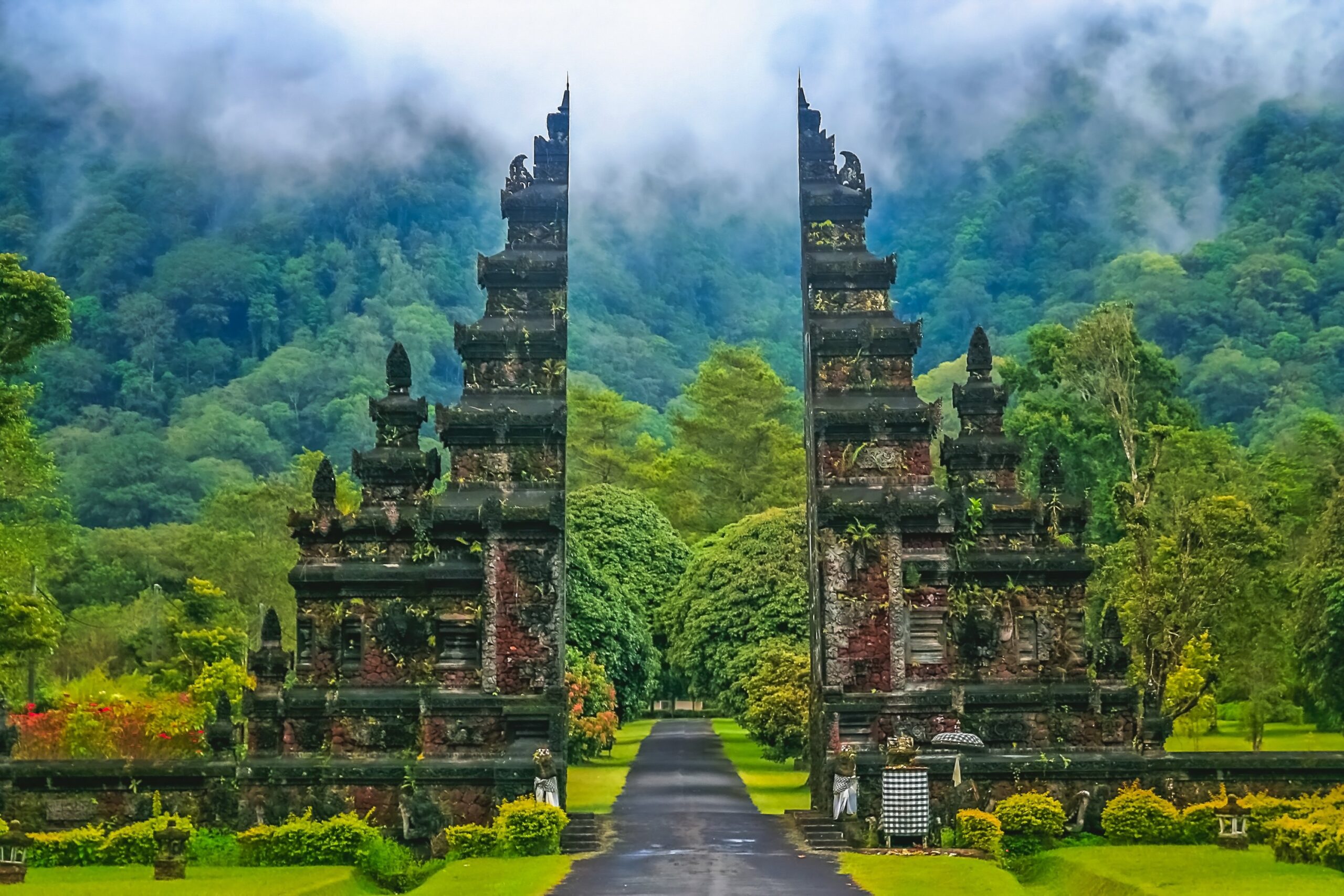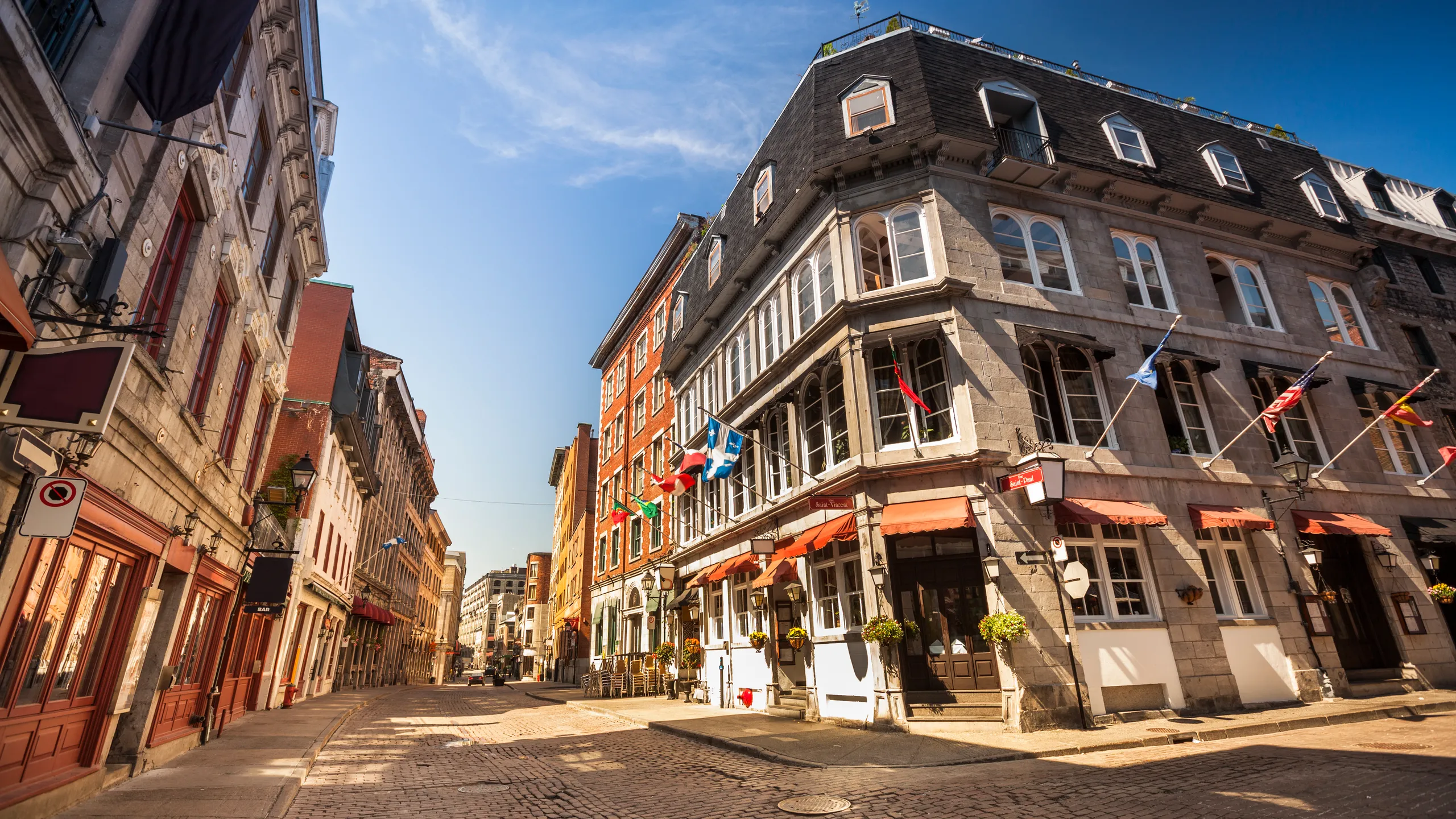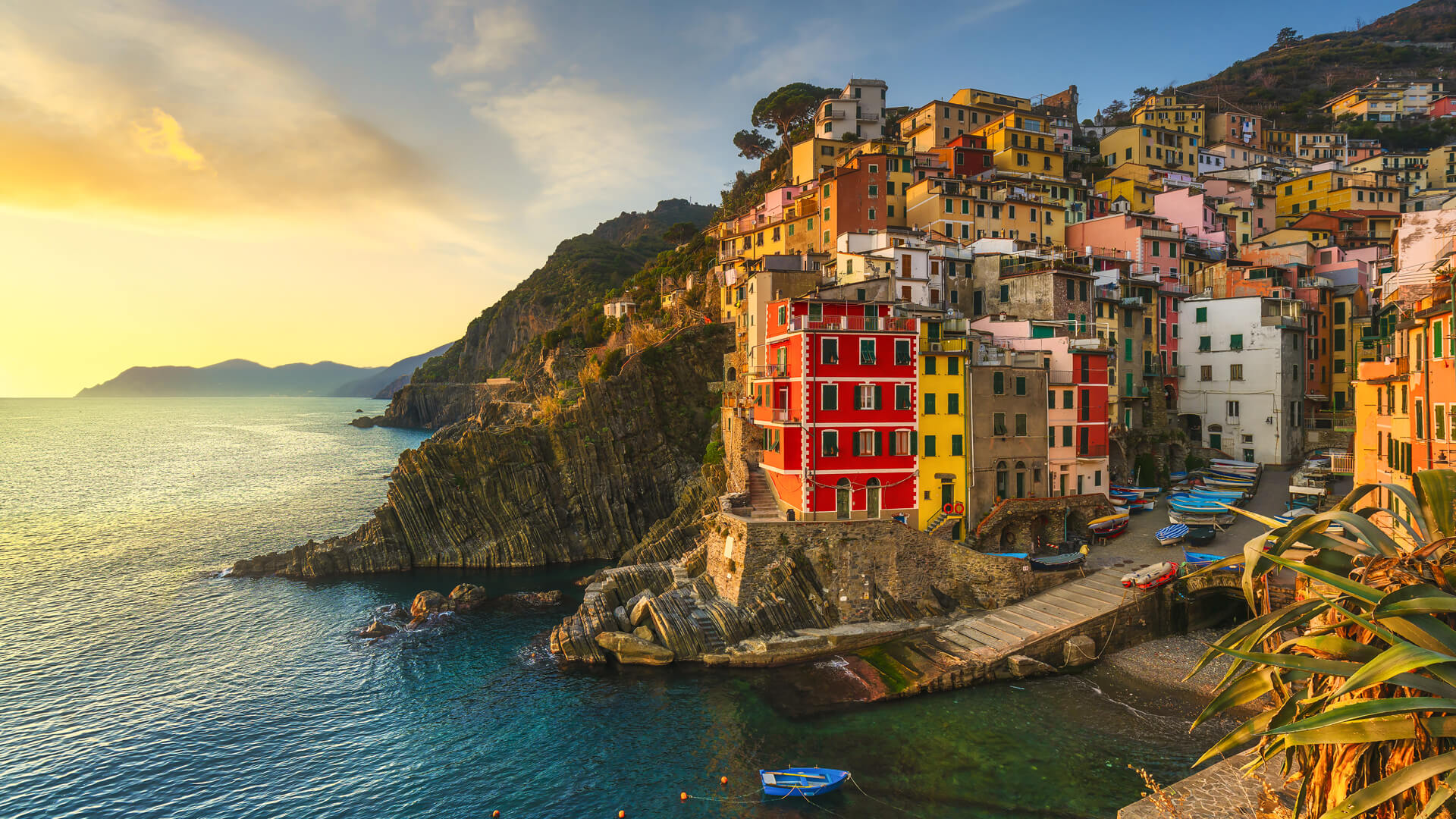Bali, Indonesia, is a tropical paradise that beckons travelers with its lush landscapes, vibrant culture, stunning beaches, and spiritual charm. Located in the Indonesian archipelago, Bali is renowned for its rich cultural heritage, warm hospitality, and diverse range of experiences that cater to every type of traveler. Summer, from June to August, is an ideal time to visit Bali, offering sunny weather, calm seas for water activities, and a bustling calendar of festivals and events that showcase the island’s unique traditions and customs.

Overview of Bali:
Bali is often referred to as the “Island of the Gods,” and for good reason. Its natural beauty encompasses verdant rice terraces, mist-shrouded mountains, pristine beaches with golden sands, and turquoise waters teeming with marine life. The island’s cultural landscape is equally captivating, with ancient temples, colorful ceremonies, traditional arts and crafts, and a cuisine that tantalizes the taste buds.
Best Regions to Visit:
1. Ubud:
Ubud, located in the heart of Bali, is a cultural hub surrounded by lush rice paddies and dense forests. Known for its serene atmosphere and spiritual vibes, Ubud attracts artists, yogis, and wellness enthusiasts seeking tranquility and inspiration. Visitors can explore art galleries, attend traditional dance performances, visit ancient temples like the Ubud Monkey Forest, and rejuvenate with yoga and wellness retreats.
2. Seminyak and Canggu:
Seminyak and Canggu are trendy coastal towns known for their vibrant nightlife, upscale dining, boutique shopping, and luxurious beach resorts. Seminyak offers chic beach clubs such as Potato Head and Ku De Ta, while Canggu is popular among surfers for its consistent waves and hipster cafes lining Echo Beach.
3. Kuta and Legian:
Kuta and Legian are bustling beachfront towns known for their lively atmosphere, extensive shopping options, and vibrant nightlife. Kuta Beach is famous for its surf schools and sunset views, while Legian offers a mix of budget accommodations, restaurants serving international cuisine, and beachfront bars.
4. Nusa Dua:
Nusa Dua is Bali’s premier resort area, featuring luxury hotels, pristine beaches, and world-class amenities. The gated enclave offers tranquil waters ideal for swimming and snorkeling, as well as a golf course, spas, and cultural performances at the Bali Nusa Dua Theatre.
5. Uluwatu and Jimbaran:
Uluwatu and Jimbaran are located on Bali’s southern coast and are known for their stunning cliffside views, surf breaks, and seafood dining. Uluwatu is home to the iconic Uluwatu Temple perched atop a cliff, while Jimbaran Bay is famous for its seafood restaurants set along the beach, offering sunset dining experiences.
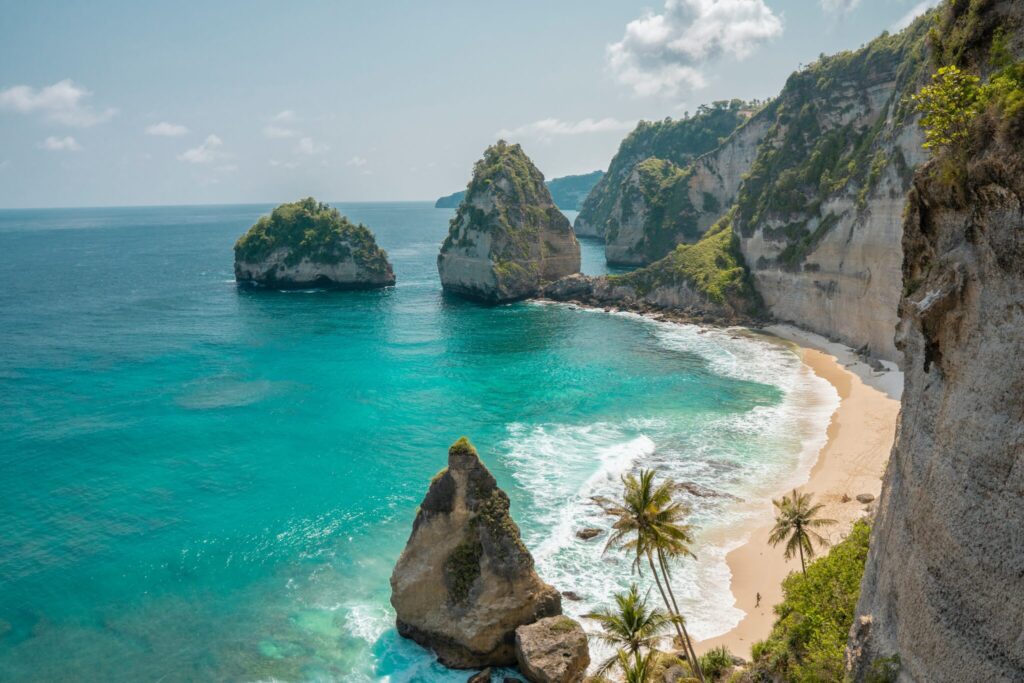
Top Activities and Experiences:
1. Beach Exploration and Water Activities:
Bali’s coastline boasts a variety of beaches catering to different preferences. Whether you seek bustling surf breaks, secluded coves, or family-friendly shores, Bali has it all. Popular beaches include:
- Kuta Beach: Known for its lively atmosphere, beginner-friendly surf, and beachfront bars.
- Seminyak Beach: Offers upscale dining, chic beach clubs, and beautiful sunset views.
- Nusa Dua Beach: Ideal for swimming and snorkeling in calm waters, with luxury resorts lining the shore.
- Jimbaran Bay: Famous for its seafood restaurants and romantic sunset dining experiences.
Water activities such as surfing, snorkeling, scuba diving, stand-up paddleboarding, and jet skiing are readily available at most beaches and can be enjoyed under the guidance of experienced instructors.
2. Temple Visits and Cultural Exploration:
Bali is home to thousands of temples, each with its unique architecture, spiritual significance, and cultural rituals. Some must-visit temples include:
- Tanah Lot: A sea temple perched on a rocky outcrop, offering stunning sunset views.
- Uluwatu Temple: Located atop a cliff, known for its dramatic setting and traditional Kecak dance performances at sunset.
- Besakih Temple: Bali’s largest and holiest temple complex, nestled on the slopes of Mount Agung.
Visitors should dress modestly and observe temple etiquette, including covering shoulders and knees, and respecting local customs during ceremonies.
3. Ubud’s Art and Culture Scene:
Ubud is synonymous with Balinese art, culture, and spirituality. Key attractions include:
- Ubud Monkey Forest: A sacred sanctuary home to hundreds of playful monkeys amidst ancient temples and lush greenery.
- Ubud Royal Palace (Puri Saren Agung): A historic palace showcasing traditional Balinese architecture and dance performances.
Art enthusiasts can explore local galleries, attend traditional dance performances, and participate in workshops on batik-making, wood carving, and traditional painting.
4. Wellness and Spa Retreats:
Bali’s tranquil surroundings and spiritual atmosphere make it an ideal destination for wellness retreats and rejuvenation. Visitors can indulge in:
- Spa Treatments: Balinese massages, herbal scrubs, and holistic therapies using natural ingredients such as coconut oil, coffee, and tropical flowers.
- Yoga and Meditation: Ubud offers numerous yoga studios and retreat centers where visitors can practice yoga, meditation, and mindfulness amidst serene settings.
Many luxury resorts and boutique hotels also offer wellness packages combining accommodation with spa treatments, yoga sessions, healthy cuisine, and holistic therapies.
5. Culinary Experiences:
Bali’s culinary scene is as diverse as its landscapes, offering a tantalizing blend of flavors influenced by Indonesian, Balinese, and international cuisines. Must-try dishes include:
- Nasi Goreng: Indonesian-style fried rice served with a choice of meats or vegetables.
- Babi Guling: Spit-roasted suckling pig marinated in turmeric and spices, a Balinese specialty.
- Balinese Satay: Skewers of grilled meat or seafood served with peanut sauce and steamed rice.
Travelers can explore local markets, street food stalls, and upscale restaurants offering farm-to-table dining experiences, often accompanied by traditional dance performances or live music.
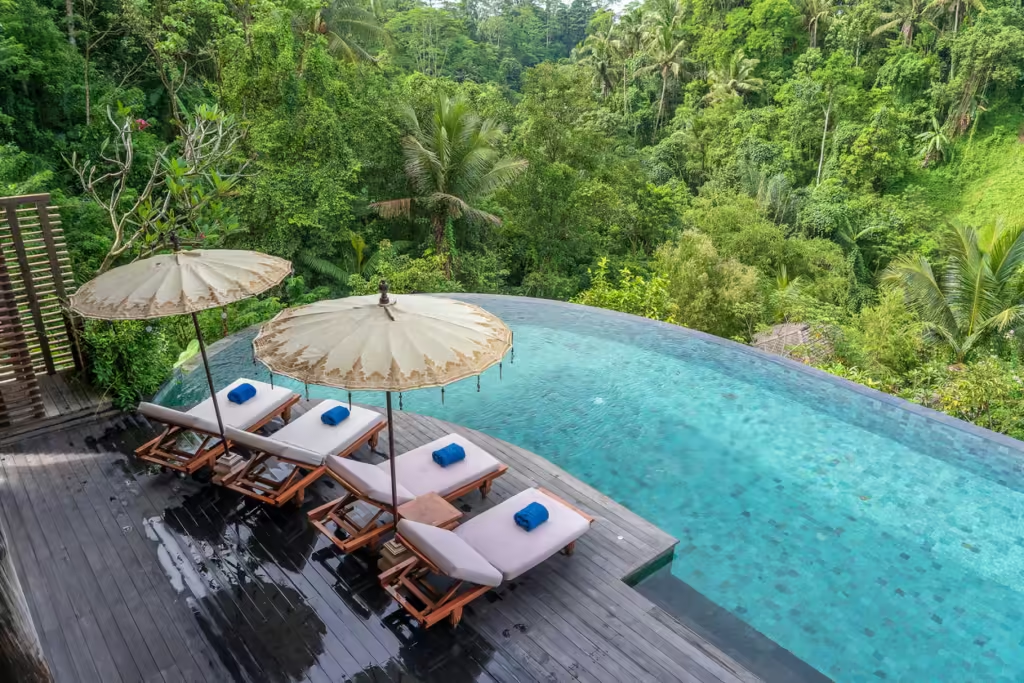
Festivals and Cultural Events:
Bali’s calendar is dotted with colorful festivals and cultural celebrations that offer insight into its rich traditions and spiritual beliefs:
- Galungan and Kuningan: A Hindu festival celebrating the victory of dharma (good) over adharma (evil), marked by offerings, temple ceremonies, and traditional dances.
- Nyepi (Day of Silence): Balinese New Year, characterized by a day of silence, fasting, and meditation, followed by colorful processions and ogoh-ogoh (demon effigy) parades.
- Ubud Writers and Readers Festival: Held annually in October, featuring literary discussions, workshops, and cultural performances by local and international authors.
Practical Tips for Traveling in Summer:
- Weather and Packing: Bali’s tropical climate means hot and humid weather year-round. Pack lightweight, breathable clothing, sunscreen, a hat, and insect repellent. A light rain jacket or umbrella may be handy during occasional showers.
- Currency and Payments: The Indonesian Rupiah (IDR) is the local currency. Major credit cards are accepted in hotels, upscale restaurants, and shops, but it’s advisable to carry cash for smaller establishments and local markets.
- Transportation: Renting a scooter or car is a convenient way to explore Bali independently, although traffic can be congested in popular tourist areas. Taxis and ride-hailing services like Grab are also available for short distances.
- Health and Safety: Drink bottled water, avoid tap water, and practice mosquito bite prevention to prevent illnesses. Bali is generally safe for travelers, but exercise caution with valuables and follow local regulations and customs.
- Respect Local Culture: Bali is deeply rooted in Hindu traditions and customs. Visitors should dress modestly when entering temples or participating in ceremonies, remove shoes before entering homes or temples, and respect local customs and etiquette.
Conclusion:
Bali captivates travelers with its natural beauty, spiritual charm, vibrant culture, and warm hospitality. Whether you’re seeking relaxation on sun-drenched beaches, cultural exploration amidst ancient temples, exhilarating water sports, or culinary delights, Bali offers a diverse range of experiences that cater to every traveler’s desires. Summer is an ideal time to visit, providing sunny days, warm waters for swimming and diving, and the opportunity to witness vibrant festivals and cultural celebrations that highlight the island’s unique identity and timeless allure. Embrace the spirit of Bali, immerse yourself in its enchanting landscapes and traditions, and discover why it remains one of the most beloved destinations in Southeast Asia.

